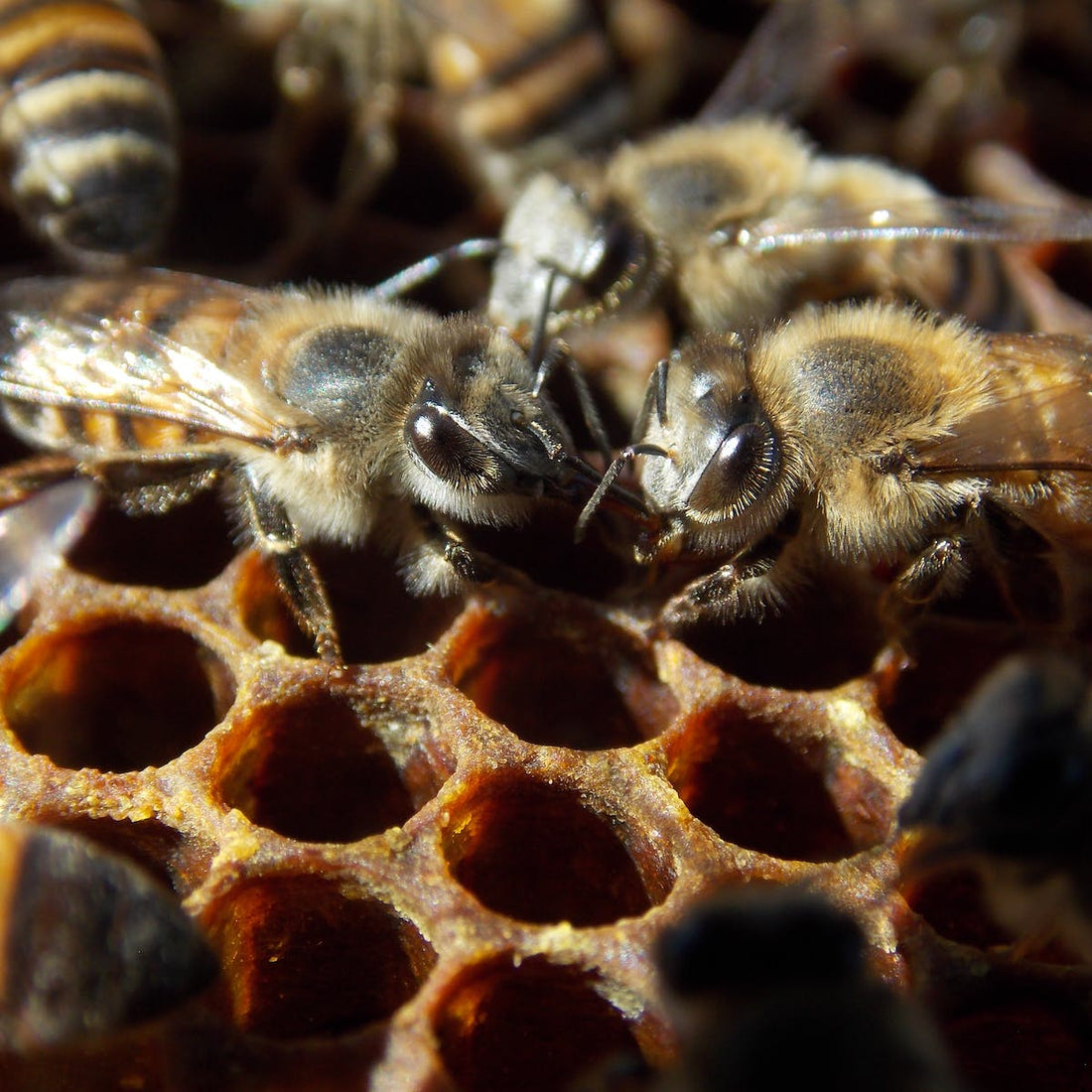Phantom decoys play mind games with human shoppers, but bees seem to resist their allure.
But why should we care about this buzz? Well, if you're into agriculture, conservation, or pest control, understanding how animals make choices can be a game-changer - It’s all about keeping that pollen party going.
Ever found yourself queuing for something, only to realise its vanished? Well, in the realm of behavioural economics, they've got a term for this - phantom decoys. It turns out humans, when their heart's desire is no more, often opt for predictable second choices. These phantom decoys can sway us towards particular purchases, making us think, "Alright, that'll do."
Let's take a detour to the buzzing world of bees. In a recent study featured in Insectes Sociaux, scientists wondered if honeybees might fall for the same phantom decoy trick.
Western honey bees. They're the unsung heroes of agriculture. They flit from flower to flower, collecting nectar and pollen. However: not all flowers are as they seem. Flowers that were once nectar-rich may turn into nectar deserts, thanks to other insects or variations in nectar production. Some are just pretenders, looking like nectar havens when they're not.
In their latest experiment, scientists presented these bees with artificial flowers. Instead of real blooms, they used paper and tubes to concoct a trio of choices: easy access but merger nectar, premium nectar behind locked doors, and the ultimate combo of accessibility and top-tier nectar. No surprises here - the bees flocked to the honey pot.
When they stripped the nectar from the accessible, high-quality flower, the bees didn't follow the script of us humans.
leaving all the flowers untouched. It's like when your favourite concert ticket is gone, and you decide to skip the show altogether, rather than settling for something less.
Not only did they stand still, they got restless, shifting back and forth. It's as if they were waiting for that empty flower to be restocked. This could have far-reaching implications for pollination, agriculture, and conservation. Plants rely on insects to shuffle pollen from one flower to another for reproduction. So, these empty flowers, by making bees work harder, might be doing the blooms a favour.
#BiodiversityMatters #Sustainability #MissionZero2031 #BNG #beethechange #beeconservation #beeinnovation #environmentalconsulting #sustainability #environmentalmanagement #greenestatemanagement #honey #environmentalconsulting #beehives #beehiverental #wellness #pollen #ecological #pollination #sustainabledevelopment #ecological #biodiversity #habitatmanagement #BNG #biodiversitynetgain esgreporting #environmentalmonitoring #bees #habitatimprovment #beeswaxwrap

